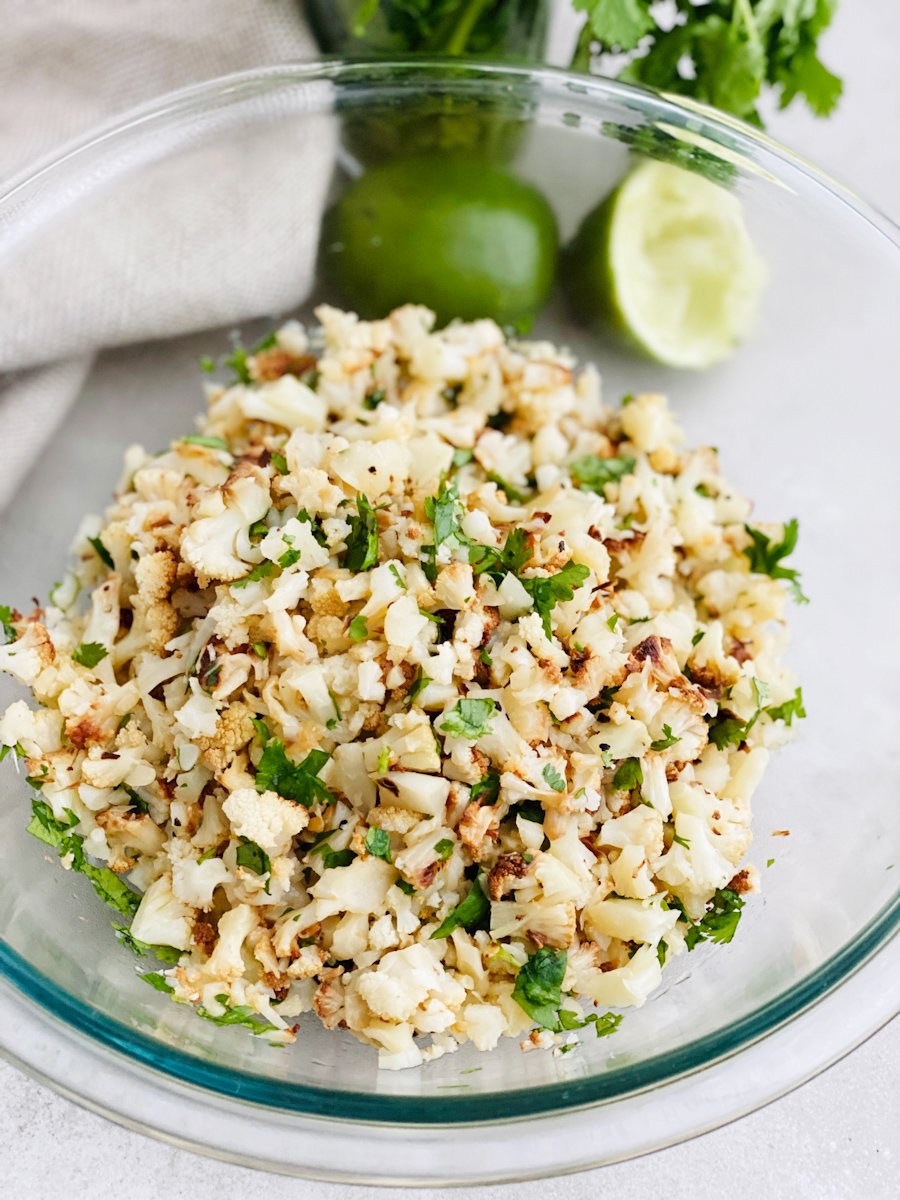
Apply Now


Introduction to Protein Intake Management for Optimal Digestion
Maintaining a balanced protein intake is crucial for overall digestive health, especially in 2025, as awareness of nutrition's impact on our gastrointestinal well-being continues to grow. Many individuals are turning to high-protein diets, motivated by benefits ranging from weight loss to muscle gain. However, a focus solely on protein can lead to health issues, such as constipation and digestive discomfort. Understanding how to effectively manage protein consumption is essential for achieving optimal digestion and maintaining gut health. The relationship between protein intake and digestion is complex, influenced by various factors including hydration, fiber intake, and food choices. High protein diets can result in constipation if not balanced with adequate fiber from plant sources. It is essential to be aware of the intricacies of protein digestion, how to alleviate related issues, and the impact of dietary fiber along with hydration on promoting regular bowel movements. This article will provide insights into how to manage protein intake effectively while ensuring a well-rounded approach to nutrition that prioritizes gut health. You will discover effective dietary modifications and hydration strategies, explore different protein sources, and learn about the importance of fiber in preventing constipation. Key takeaways will prepare you for making informed food choices and achieving better digestive comfort, as well as supporting your overall wellness goals.Understanding the Role of Protein in Digestion
Protein plays a vital role in numerous bodily functions, particularly in building and repairing tissues. However, understanding how protein affects digestion is crucial for managing constipation and gut health. Protein digestion begins in the stomach, where digestive enzymes break it down into smaller peptides and amino acids that the body can utilize. One of the most significant issues with high-protein diets is the potential for constipation. As protein intake increases, especially from animal sources, the likelihood of experiencing digestive issues may also rise without proper management. This can be due to a lack of fiber which is necessary to facilitate proper gut motility and stool consistency. Moreover, different types of protein have varying effects on digestion. For instance, whey protein and casein, commonly found in protein supplements, may be digested at different rates, impacting nutrient absorption and overall digestive comfort. Therefore, it becomes imperative to balance protein consumption with other dietary components like fiber-rich foods containing both soluble and insoluble fiber to support gastrointestinal health.The Impact of Protein Sources on Digestive Health
When planning meals, it's crucial to consider the types of protein sources you are using. While animal proteins provide various essential amino acids, they often come devoid of fiber, increasing the risk of constipation. Conversely, plant-based proteins such as beans, lentils, quinoa, and nuts not only provide valuable protein but also contribute fiber to the diet, actively facilitating digestion. Research indicates that a diet rich in fiber aids in preventing constipation and supports a healthier gut microbiome by promoting the growth of beneficial bacteria. The inclusion of a diverse range of protein sources—both animal and plant-based—can enhance your diet's nutritional balance. Additionally, pairing protein with fiber-rich foods can significantly improve digestive health. For example, combining grilled chicken with roasted vegetables or a chickpea stew can optimize protein absorption while supporting regular bowel movements.Common Digestive Issues Related to High Protein Intake
Despite the benefits of proteins, high intake can lead to several gastrointestinal issues if not managed carefully. Many people might experience symptoms such as bloating, gas, or even chronic constipation. These symptoms often stem from inadequate fiber alongside excessive protein or insufficient hydration. It's essential to recognize the signs of digestive distress and make necessary adjustments. If you are experiencing constipation, consider the intake of water and dietary fibers in your meals. Regular hydration ensures that muscles in the digestive tract function adequately, helping to move food along. The combination of hydration with fiber intake creates a more comfortable digestive experience. Additionally, digestive enzymes play a noticeable role in breaking down proteins efficiently, ensuring proper nutrient absorption without causing discomfort. Incorporating foods rich in enzymes, like pineapple or papaya, might offer added support to digestive processes alongside your protein intake.Practical Strategies for Balancing Protein and Fiber
Achieving a balance between protein and fiber in your diet is attainable with careful meal planning and smart food choices. To maintain digestive health, consider strategies that emphasize a harmonious relationship between protein intake and fiber consumption.Meal Planning for Optimal Digestion
Effective meal planning can be central to achieving a balanced diet that supports both protein and fiber needs. When preparing meals, aim to include a portion of high-quality protein alongside a source of dietary fiber. For example, a breakfast of oatmeal topped with Greek yogurt and berries supplies not only protein but also offers plenty of fiber to ease digestion. Moreover, consider utilizing whole foods over processed options. Processed meals often lack essential nutrients, including fiber, which can contribute to poor digestive health. Additionally, focus on incorporating variety in your diet—exploring different protein sources such as lean meats, dairy, legumes, and whole grains alongside vegetables and fruits.Hydration and Its Role in Digestive Health
Hydration cannot be overlooked when discussing digestive health, especially amidst increased protein consumption. Adequate water intake is vital for softening stools and supporting bowel movements. Aim to drink sufficient water throughout the day, adjusting based on activity levels and dietary fiber intake. Begin your day with a glass of water to kickstart your hydration status and maintain fluid intake throughout meals, which can aid in digesting foods more effectively. Staying hydrated may also help alleviate the discomfort associated with high protein diets, especially if fiber intake is also increased.Understanding Food Pairing for Digestion
Food pairing can play an integral role in enhancing nutritional absorption and digestive comfort. Combining proteins with fibrous foods not only adds nutritional depth but also supports gut health. For example, mixing protein sources such as fish with vegetables like spinach or incorporating legumes with whole grains can result in beneficial combinations for both protein absorption and digestive ease. Understanding individual food sensitivities and intolerances is also vital. Some people may experience digestive discomfort from certain protein sources, such as dairy or gluten-containing foods. Tailoring your food choices based on comfort and response can lead to improved digestive health outcomes.Nutritional Advice for Constipation Relief
Understanding effective dietary modifications to alleviate constipation is essential for those experiencing slow digestion or irregular bowel movements. The following recommendations can support gastrointestinal health and promote regularity.Incorporating Fiber-Rich Foods into Your Diet
Integrating fiber-rich foods into your meals is one of the most effective ways to combat constipation. Soluble fiber found in foods like oats, chia seeds, and apples forms a gel-like substance when mixed with water, helping to soften stools. On the other hand, insoluble fiber, found in whole grains, nuts, and vegetables, adds bulk to stools and promotes their passage through the digestive tract. When increasing fiber intake, it’s important to do so gradually to avoid excessive bloating and discomfort, and always accompany fibers with proper water intake for effectiveness.Understanding and Managing Food Intolerances
Food intolerances can significantly impact an individual's digestive comfort. Identifying and managing intolerances, such as lactose or gluten sensitivity, can help alleviate symptoms of constipation and improve overall digestion. Consider keeping a food diary to track your intake and any reactions or symptoms you may notice, which can guide dietary adjustments. If intolerances are suspected, consult with a healthcare provider or registered dietitian for personalized guidance. They can help you navigate dietary adjustments while still meeting your nutritional needs.Conclusion and Key Takeaways
Managing protein intake in a way that supports digestion is crucial for maintaining overall gastrointestinal health. By balancing protein with adequate fiber, ensuring proper hydration, and being mindful of food selections, individuals can enjoy the health benefits of protein while preventing digestive discomfort. Adopt practical strategies outlined in this article to enhance digestion and maintain bowel regularity, supporting long-term well-being. Nutrition education plays an important role, so continue exploring different foods and dietary strategies to suit your personalized needs and lifestyle.
